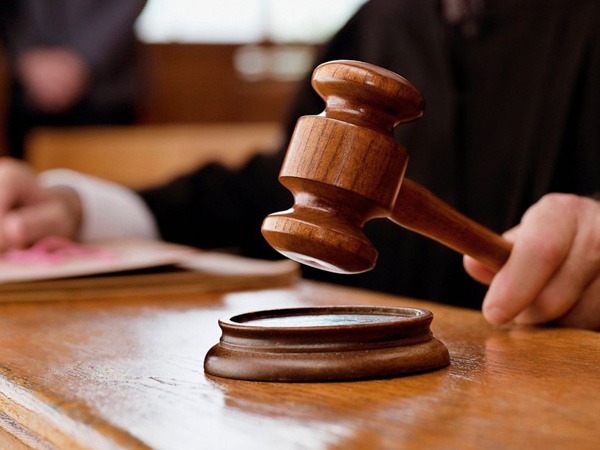A Delhi court has notified the Delhi police about Sharjeel Imam’s plea for statutory bail in the sedition case filed in 2020. The court has halted the proceedings for the sedition charge, and the highest penalty for offenses under UAPA stands at seven years.
He has been held in detention since January 2020, which constitutes half of the maximum UAPA penalty for the offense. The argument is that the applicant has been in custody since January 28, 2020, in this matter. He has served over 3 years and 6 months in detention, which constitutes more than half of the maximum imprisonment period prescribed by law for the relevant offense.
On Friday, Additional Sessions Judge (ASJ) Amitabh Rawat from Karkardooma Court issued a notice to Delhi police, instructing them to respond. Special public prosecutor (SPP) Amit Prasad acknowledged the notice and requested time to reply regarding the suitability of the bail application. The case is scheduled for September 11. The primary issue will also be discussed during the upcoming hearing.
Advocates Ahmad Ibrahim and Talib Mustafa filed an application on behalf of Sharjeel Imam, aiming for his prompt release from the ongoing criminal prosecution based on the provisions outlined in Section 436A of the Cr.P.C.
The lawyer stated that the applicant has been detained since January 28, 2020, linked to an FIR dated January 25, 2020, lodged by the Crime Branch police station. The FIR pertains to charges under sections 124A, 153A, 153B, and 505(2) of the Indian Penal Code (IPC), along with Section 13 of the Unlawful Activities (Prevention) Act, 1967.
The applicant was apprehended from his native place Jehanabad, Bihar, on January 28, 2020, concerning this matter. He was presented before the Patiala House Court and has remained in judicial custody since, subsequent to police questioning.
Furthermore, it is asserted that the investigation has been concluded, and a final report/chargesheet against the applicant was submitted in this case on July 25, 2020. The charges include violations under sections 124A, 153A, 153B, and 505 of the IPC, along with Section 13 of the UAPA.
The Court acknowledged the speeches/offenses under section 124A, 153A, 153B, and 505 IPC on July 29, 2020, while the recognition of Section 13 of the UAPA took place on December 19, 2020, as stated in the plea.
On October 31, 2022, the Delhi High Court issued a directive to halt the trial concerning material witnesses, permitting only the examination of formal witnesses. The argument put forth is that Section 436A of the Cr.PC. is a comprehensive and advantageous substantive provision, established to uphold the right to a swift trial as ensured by Article 21 of the Constitution.
It’s also asserted that following the trial suspension by the High Court in relation to the primary offense of Section 124A IPC (Sedition), based on the directions from the Supreme Court in the case of S.G Vombatkere v.
Union of India on May 11, 2022, the only remaining charges against the applicant pertain to Section 153A IPC (Promoting enmity between different groups on grounds of religion, race, place of birth, residence, language, etc.), carrying a potential imprisonment term of up to five years.
Section 153B IPC (Imputations, assertions prejudicial to national-integration), with a potential imprisonment term of up to five years; Section 505 IPC (Statements conducing to public mischief), entailing a potential imprisonment term of up to five years; and Section 13 of UAPA (Punishment for unlawful activities), carrying a potential imprisonment term of up to seven years.
The petition further argued that considering the maximum penalty of 7 years under Section 13 UAPA, the applicant has served more than half of the maximum imprisonment term stipulated for the particular offense by law. Therefore, the petition maintains that he should be granted statutory bail in accordance with Section 436A of the Cr. PC.
Also Read: Hindenburg Investigation: ED Names 12 Beneficiaries To Sebi in Adani Short Selling Case
















